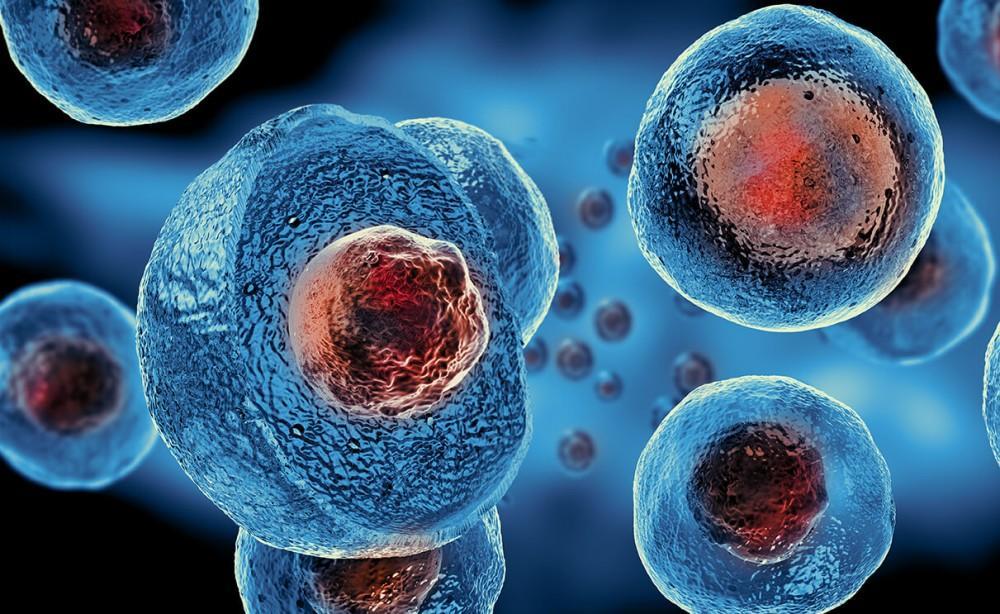Stem-Cell Therapies
Science & Technology SciencePosted by NewAdmin on 2025-02-04 09:38:55 |
Share: Facebook | Twitter | Whatsapp | Linkedin Visits: 25

Stem-cell therapies have been making significant strides in recent years, moving from experimental treatments to more practical and effective solutions for a range of medical conditions. These therapies involve the use of stem cells, which have the remarkable ability to develop into different types of cells in the body, potentially repairing or replacing damaged tissues. As research advances, stem-cell treatments are showing promising results in a variety of medical areas, including neurology, cardiology, and regenerative medicine.
One of the most notable breakthroughs has been in the treatment of neurological disorders such as Parkinson’s disease, where stem-cell therapies aim to replace the dopamine-producing neurons that are lost in patients. Recent clinical trials have shown that stem-cell-based treatments can lead to improvements in motor function, and ongoing research is working toward refining these techniques to offer longer-lasting and more effective results. For example, in 2024, researchers in Japan developed a method for creating dopamine-producing neurons from stem cells, which could offer a potential cure for Parkinson's patients in the future.
In the cardiology field, stem-cell therapies are being tested for their ability to regenerate damaged heart tissue following a heart attack. Clinical trials have demonstrated that stem cells can improve heart function, reduce scar tissue, and even help regenerate blood vessels. A landmark trial conducted by scientists at Stanford University in 2023 showed that injecting stem cells derived from the patient’s own tissue into the heart after a heart attack resulted in improved heart function and reduced inflammation.
Diabetes is another area where stem-cell research is making a profound impact. Researchers have been exploring the potential of stem cells to create insulin-producing beta cells for patients with type 1 diabetes. In 2023, a breakthrough by scientists at the University of California showed that stem cells could be used to create functional pancreatic beta cells that could be transplanted into diabetic patients, offering a potential new treatment option for the disease.
While these therapies show great promise, challenges remain, particularly related to ethical concerns, the potential for tumor formation, and the need for more long-term clinical data. Despite these obstacles, stem-cell treatments are expected to become more widespread in the coming years, revolutionizing how we treat chronic conditions and offering new hope for patients with previously untreatable diseases.
As research continues to progress, the next few years may see stem-cell therapies transition from experimental to mainstream medicine, offering more effective and accessible treatments for a variety of conditions.
Search
Categories
Recent News
- Gates vs. Epstein: The Battle of Billionaires Amid Scandalous Allegations
- Telugu Star Fights AI Pornography: A Battle for Privacy and Dignity
- Elderly Woman's Expensive Pigeon Feeding Habit
- Reviving a Democratic Tradition: India's Election Chiefs Convene
- Medical Student's Tragic Death Shocks Nellore College
- Tamil Nadu's Welfare Drive: Empowering Citizens, One Camp at a Time
- Telangana's T-Safe App: Revolutionizing Women's Safety
- Cyberabad's War on Drugs and Crime
Popular News
- Navigating IPO Market Dynamics Amid Volatility and Regulatory Changes
- Massive Worldwide Microsoft Outage Disrupts Multiple Sectors
- Panjapur Bus Stand to Reshape TNSTC Routes
- తెలుగుదేశం పార్టీ - పేదరికాన్ని నిర్మూలించడంలో వాగ్దానం
- Universities Embrace Remote Learning Technologies Amidst Ongoing Pandemic